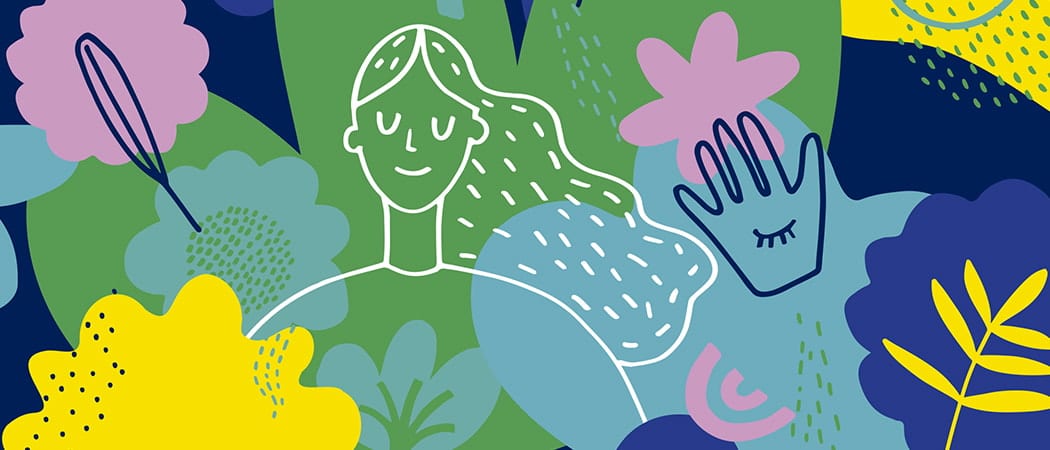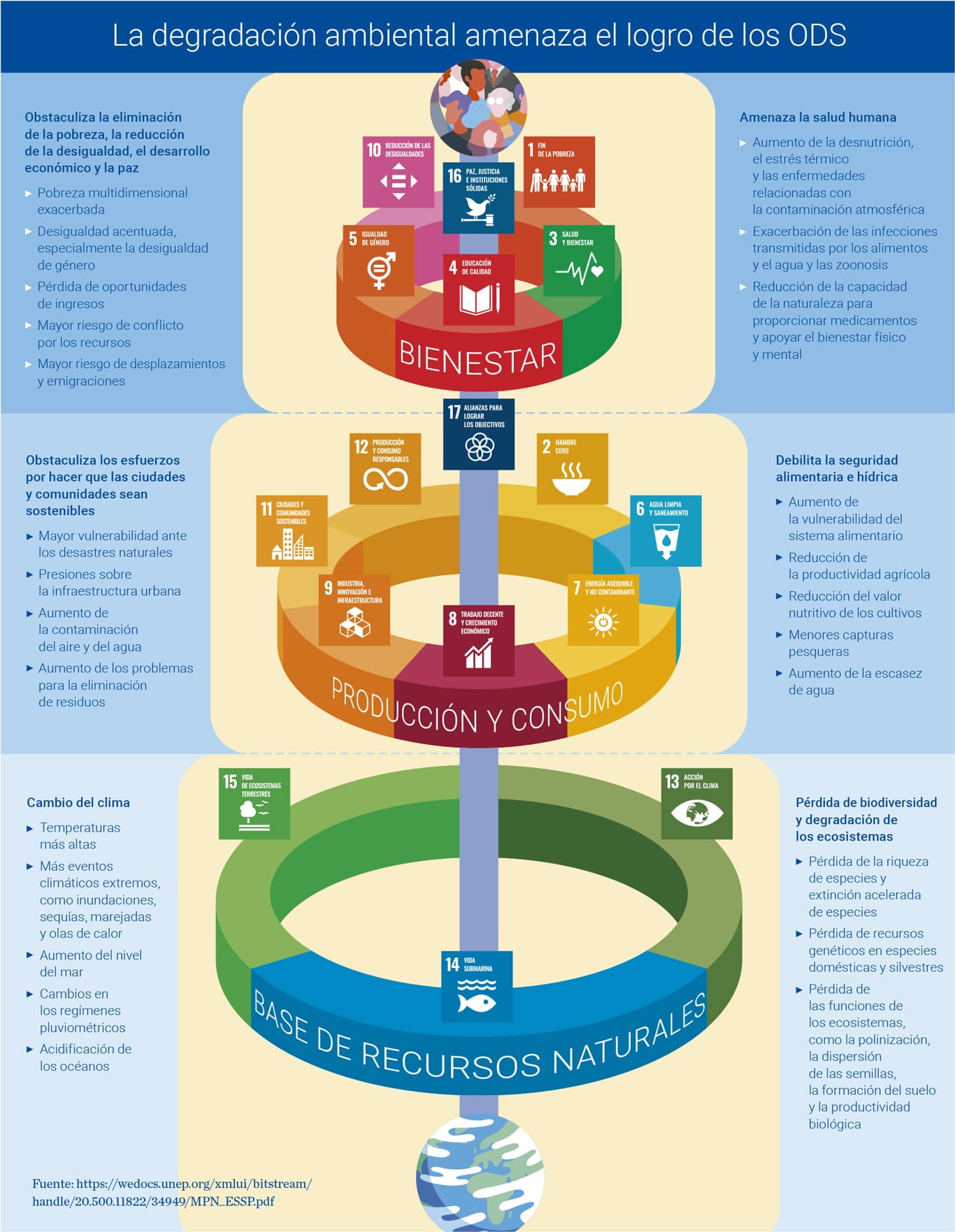TEXTO SARA ELENA TORRES HORTAL| photographs ISTOCK
The health benefits of nature became more obvious in the last century when we started to see that changes to our environment were already giving rise to economic costs and millions of premature deaths each year. Moreover, they are hindering efforts to eradicate poverty and hunger, reduce inequality, and promote sustainable economic growth, decent employment for all, and pacific and inclusive societies.
During the presentation of the report Making Peace With Nature in February, UN Secretary-General António Guterres declared that “making peace with nature, securing its health, and building on the critical and undervalued benefits that it provides are key to a prosperous and sustainable future for all” that would safeguard the health and well-being of current and future generations.
What benefits does being in contact with nature give us?
Bodies like the World Health Organization (WHO), the Institute for European Environmental Policy (IEEP), or the European Environment Agency (EEA) have developed several studies that collect data and draw conclusions on the benefits of nature for human health. Today we are going to share some of them with you:
- Being in contact with nature can contribute to improving our mood and help us switch off, concentrate better on our daily tasks, and reduce stress. This is important because disorders related to anxiety and stress are on the rise and an estimated 1 billion people live with a mental disorder.
- Being in contact with nature makes us feel relaxed and gives us an energy boost, which could protect us from a range of illnesses, such as respiratory diseases.
- Discovering and observing nature sparks our curiosity and interest to find out more. It can support cognitive development and learning.
- In this sense, it is highly beneficial for children’s development, particularly their concentration, motor skills, self-esteem, and control of emotions
- If we discover nature, we will appreciate its value even more and be aware of how the world works, how we should look after it, and how we can be more responsible.
- Exercising in a natural environment, even in city parks, improves our mood and self-esteem. Exercising outdoors also creates a setting for social interaction, which provides you with new opportunities for social contact.
- Being in contact with nature gives us a sense of freedom that we cannot find in other areas of our daily life and boosts our creativity.
- If we understand health as an indicator of our quality of life, we could say that nature is a safe place where we can take shelter from the complexity of daily life, free from our materialistic lifestyle.
- It promotes sustainable mobility, as it encourages us to get around on our bicycle or walking.
- It mitigates thermal stress as it provides shade, evaporation, and transpiration, especially during the hottest months of the year.
- It reduces exposure to atmospheric pollutants. In addition, the colors and sounds of nature stimulate abstraction and reflection.
Human health is closely linked to the environment. To take three examples, we all breathe the air around us, we ingest all kinds of substances along with our food, and we suffer from the noise in cities

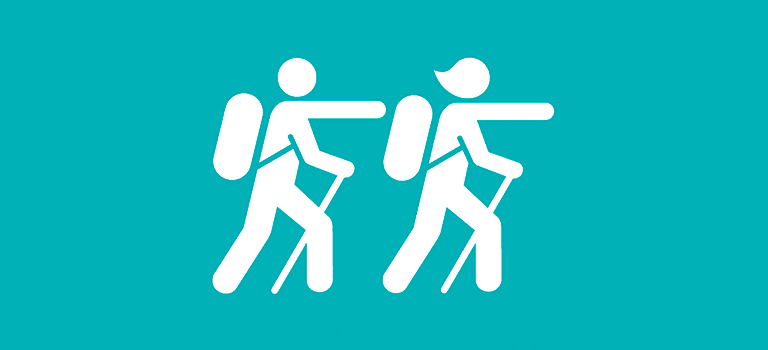
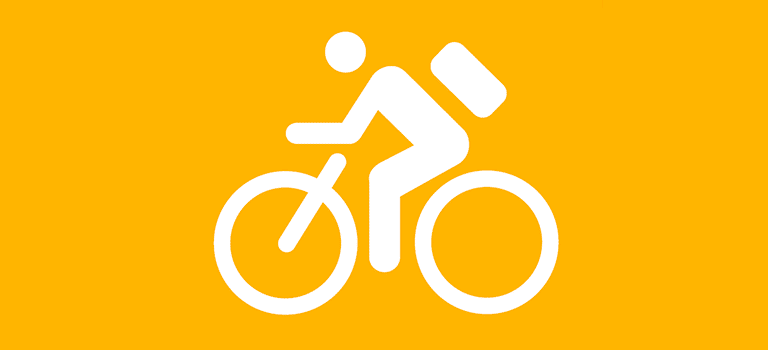
- It reduces acoustic stress because vegetation absorbs or diffracts noise, stopping it in its tracks.
- Access to public green spaces and large natural infrastructures is part of a healthy and rather affordable leisure activity that is suitable for all budgets and also provides opportunities for social interaction.
- Some outdoor volunteering activities or those that involve interacting with the local community such as fun runs, festivals, or concerts help reduce social isolation.
- Nature acts in an integral and holistic manner, and many of its effects work in synergy as they boost one another.
- It acts as a buffer and helps reduce psychosocial risks and increase productivity at work by decreasing stress levels, improving sleep quality, and encouraging creativity
And let’s not forget that nature gives us fresh air, water, food, and the environment we live in! In other words, nature is our source of life.
Protecting nature to protect our health
Until now, the world economy has grown to the detriment of our planet, but this destruction has turned against the very economy that caused it. So much so that “human-made environmental damage” and “biodiversity loss” are high up the ranking of the World Economic Forum’s latest Global Risks Report, and the European Environment Agency has defined health and the environment as one of its seven Topic Centers.
The main environmental problems related to human health include air, water, and soil pollution; noise; chemical emissions; food contamination; and the consequences of climate change.
The UN’s Making Peace With Nature: A scientific blueprint to tackle the climate, biodiversity, and pollution emergencies shows that we are able to transform our impact on the planet. An economy driven by nature-based solutions, among others, shows that we have to work to create an inclusive world where we coexist peacefully with nature, allowing people to enjoy better health and, consequently, lead a dignified life on a healthy planet.
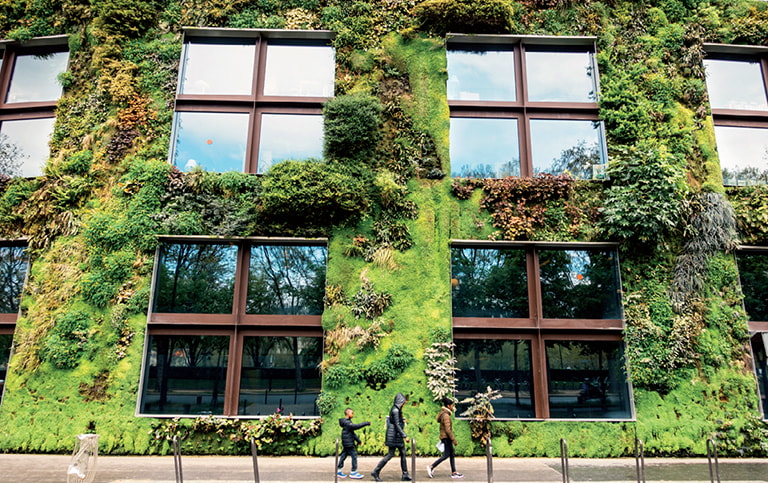

Get closer to nature and discover all the benefits it can offer

Recommendations for a healthy and environmentally friendly recovery
- Protect and preserve the source of human health: nature. The pressure that human beings put on the environment through deforestation, intensive and polluting farming practices, or unsafe management and consumption of wild species sabotage nature and all it offers us.
- Invest in essential services, from water and sanitation to non-polluting energies. One example: every dollar invested in the Clean Air Act in the United States has translated into 30 dollars of benefits for US citizens in terms of improved air quality and health.
- Guarantee a fast energy transition in favor of health. Currently, air pollution is responsible for more than seven million deaths every year (1 in every 8 deaths). A fast global shift toward the use of non-polluting energies would not only allow us to reach the objective of the Paris Agreement to limit global warming to below 2°C but would also improve air quality, and the resulting health benefits would be worth two times the initial investment.
- Promote healthy and sustainable food production systems, because illnesses caused by lack of access to food or an unhealthy and high-calorie diet are currently the main cause of poor health in the world’s population.
- Build healthy and livable cities, seeing as more than half the world’s population currently lives in cities, which are responsible for 60% of economic activity and greenhouse gas emissions. Using public transport, cycling, or walking is beneficial for our health and the environment.
Sources: WHO, UN, European Environment Agency, and MAPFRE España.

